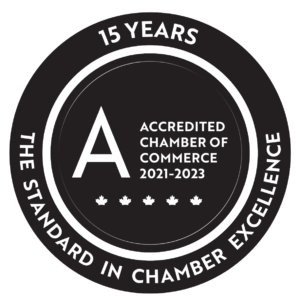 By Peter Nogalo
By Peter Nogalo
Economists and actuaries have sounded the alarm that some Canadians are simply not saving enough for their retirements. Both the federal and provincial governments recognize this as a potential problem, with both supporting significantly different remedies.
The federal government has introduced Pooled Registered Pension Plans (PRPP) for the increasing number of Canadians without access to traditional company pensions. The PRPP would largely be a voluntary program, both on the employer and individual side. With the exception of federally regulated employers, the PRPP requires provincial buy-in for it to take effect in Ontario, which brings us to Ontario’s plan. The provincial Liberals, having campaigned on the issue during last year’s election, view the potential retirement shortfall as a significant enough problem so as to require mandatory participation in a new provincial pension plan.
The proposed Ontario Retirement Pension Plan (ORPP) would mandate both employee and employer contributions, with the latter contributing 1.9 per cent of a worker’s income to maximum income of $90,000. According to the Ontario Chamber of Commerce (OCC) this would translate into approximately $8000 in employer contributions for a firm of 10 workers, each earning $45,000 a year.
Beyond the additional expense, there remain open questions as to how the plan would work. Most notably, who exactly would be required to participate. Companies with existing “comparable” pension plans would be exempt from the plan. What is unclear as of yet, is what a “comparable” plan would look like. Presumably, traditional defined benefit and defined contribution plans would be considered comparable. What is unclear is how the very common RRSP matching plans would be treated under the new rules. With many companies matching employee RRSP contributions upwards of three per cent of earnings, would they then be further required to contribute under the new ORPP?
The OCC and MBOT are continuing to work through these issues with the government. Earlier this year, the OCC tabled a submission to the province, raising these very concerns. Both MBOT and the OCC will continue to advocate on behalf of businesses in Mississauga to address these and other issues, including Ontario’s proposed “Cap and Trade” plan to reduce carbon emissions, which will be the subject of next month’s policy blog. In the meantime, please feel free to contact me or leave a comment below on any policy related concerns.
Click here to learn more about the proposed ORPP.
Peter Nogalo is MBOT’s Vice Chair of Policy and is a longtime member of the Policy and Government Affairs committee. He leads the Canadian marketing efforts for ARI, a global fleet management company managing over 1,000,000 vehicles. He holds a Bachelor of Journalism from Carleton University and is currently an MBA candidate at Ryerson University.




